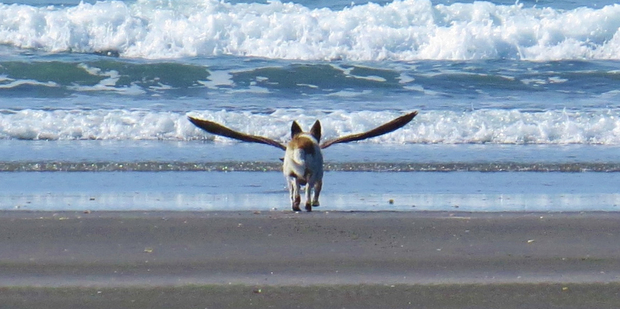The New Zealand Police have been in the target of many New Zealanders over the past few weeks over the perceived inability to act re the 'Roast Buster' case. They say their hands were tied by the way legislation is framed resulting in their not act quickly enough or respond to complaints made by the victims of the 'abuse' perpetrated by the Roast Busters.
There is another insidious side to life in New Zealand: the high number of 'P' Labs ('Methamphetamine factories') where the police have found just over 50% of their 'busts' had young children living in close proximity to the dangerous chemicals needed for the manufacture of this drug. Not only is there a physical dangers to these children but also the related sociological risks associated with the people who frequent the 'houses.' There is no justification for 'parents' to expose their children to such life threatening dangers and the police along with most of NZ's population would accept that we need to protect these young children.
The police are asking for a law change to protect our children. That would mean removing the children from the care of their 'uncaring' parents. We will hear an outcry from certain sectors of society; on two counts. The parents will cry 'foul' and some pundits will see the 'move' on the part of the police in a cynical manner: to take the focus off inaction on matters like the Roast Busters. The bottom line: Do whatever it takes to protect our young people from harm using whatever resources are needed to make sure they remain safe. There are no short cuts; because if we don't get this right, we will pay the costs further down the line. Now we need the politicians to do what they must.
www.authorneilcoleman.com
There is another insidious side to life in New Zealand: the high number of 'P' Labs ('Methamphetamine factories') where the police have found just over 50% of their 'busts' had young children living in close proximity to the dangerous chemicals needed for the manufacture of this drug. Not only is there a physical dangers to these children but also the related sociological risks associated with the people who frequent the 'houses.' There is no justification for 'parents' to expose their children to such life threatening dangers and the police along with most of NZ's population would accept that we need to protect these young children.
The police are asking for a law change to protect our children. That would mean removing the children from the care of their 'uncaring' parents. We will hear an outcry from certain sectors of society; on two counts. The parents will cry 'foul' and some pundits will see the 'move' on the part of the police in a cynical manner: to take the focus off inaction on matters like the Roast Busters. The bottom line: Do whatever it takes to protect our young people from harm using whatever resources are needed to make sure they remain safe. There are no short cuts; because if we don't get this right, we will pay the costs further down the line. Now we need the politicians to do what they must.
www.authorneilcoleman.com








